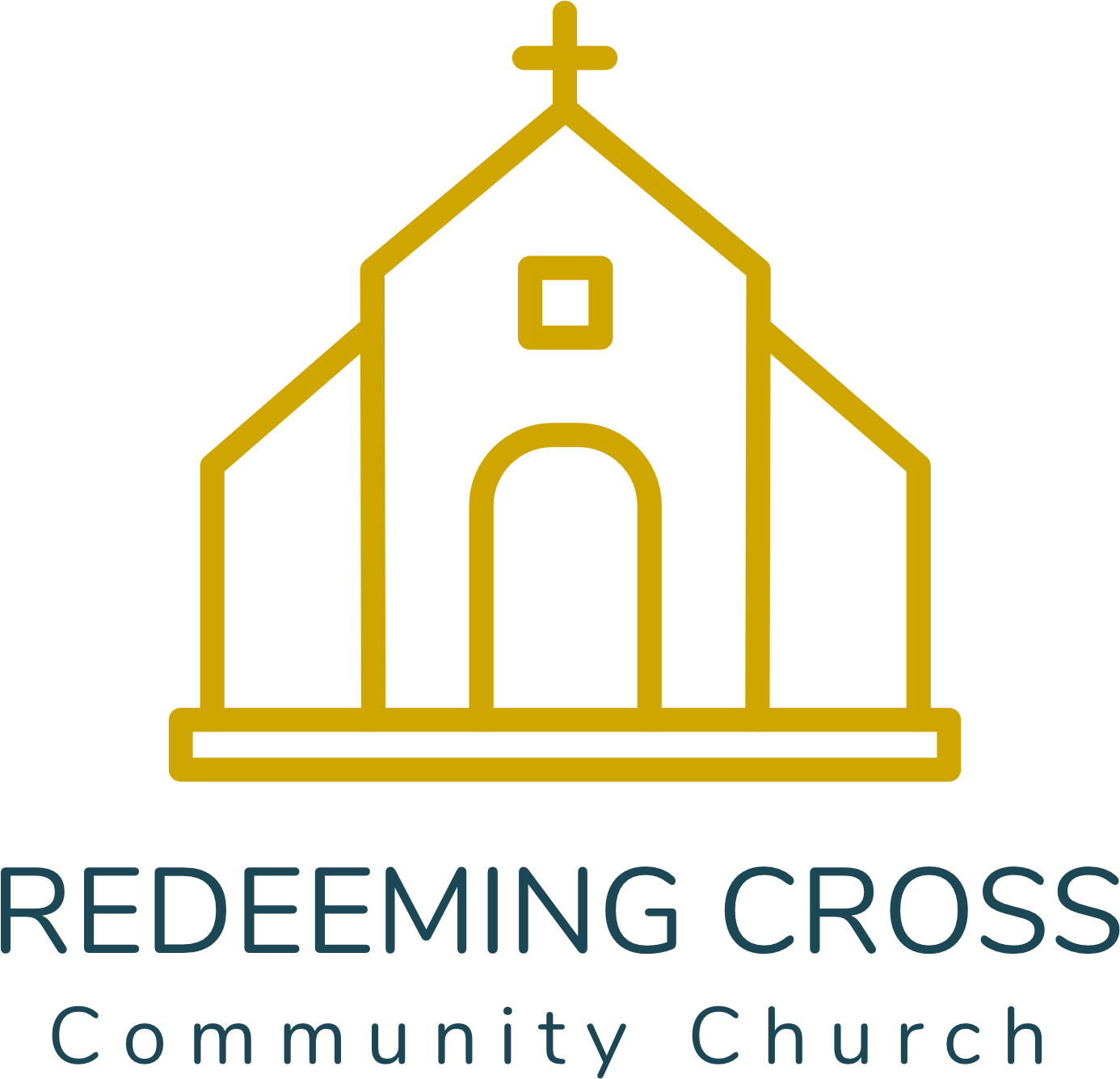Fly the Flag
The Bible has many names for our Lord Jesus Christ, such as the Word, the Vine, the Living Bread, the Door, the Live Coal from the Altar, and the Root. The last two were spoken by Isaiah, who also calls him the Flag.
The Root of Jesse…shall stand as a signal for the peoples.
Isaiah 11:10
A signal is a flag which flies to rally the troops. So is Jesus to us. Christ crucified lifted high gathers the elect from all peoples. So may we look to him ourselves and fly the flag for others.
Rejoice. It’s the Law.
The Christian life is filled with ups and downs. The lows can be low and existential while the highs can be other worldly. On this note, it is important to remember that the spiritual and eternal spoils we have obtained in Christ are so very great that the Scriptures regularly command us to rejoice. For example, Isaiah 12:6:
Shout, and sing for joy, O inhabitants of Zion, for great in your midst is the Holy One of Israel.
It’s not a suggestion. Here the news is so good that we are told to shout for joy. Now, when’s the last time you did that? Yet, if we saw our salvation for what it truly is, we would do nothing but shout for joy. May the Lord help us in this great duty of rejoicing before him by opening our eyes to see.
Fireside Chat With John of Damascus
I’m reading John of Damascus and he’s dropping bars about the Holy Trinity (we won’t talk about the filioque part). He writes about the eternal generation of God the Son like this:
The holy catholic and apostolic Church, then, teaches the existence at once of a Father and of His Only-begotten Son…just as we recognize the existence at once of fire and the light which proceeds from it: for there is not first fire and thereafter light, but they exist together. And just as light is ever the product of fire, and ever is in it and at no time is separate from it, so in like manner also the Son is begotten of the Father and is never in any way separate from Him, but ever is in Him.
And so God the Father and God the Son are One. The Son exists with and from the Father in one eternal generation of the divine nature that has simply always been. He is the necessary radiance of the Father’s glory. He is also the one who became one of us and died for our sins because he loves us very much.
The Reformed Doctrine of Windy Days
It’s a blustery one here in the Twin Cities. The wind can bring diverse effects: a welcomed breeze in the dog days of summer is quite different than a piercing blast in the depths of winter. Sometimes it stills itself over glassy lakes and at other times it can knock down trees and even buildings.
The Lord Jesus employs the wind to talk about the Holy Spirit and his work of salvation.
The wind blows where it wishes, and you hear its sound, but you do not know where it comes from or where it goes. So it is with everyone who is born of the Spirit.
- John 3:8
Let’s improve this windy day by meditating upon the freedom and power of the Spirit of God and all his good work in our lives. Let’s also trust him in all that he is doing with us and for us in his mysterious and untraceable motions.
The Proper Attire
Few things strike fear into the hearts of conscientous men and women like being dressed improperly for an occasion. Good clothes do the work for us and a fit that suites us and the occasion is unbeatable. There is a garment for every event, including the greatest event of all—meeting God.
The proper attire is the sinless perfection of a spotless life untouched by rebellion against him. Surely nothing in our closets meets this dress code! Thanks be to our Good Creator, he has provided just the thing for guilty sinners: the perfect righteousness of his Son. With this robe upon us, we are dressed and ready for Heaven now and always.
Hit ‘Em High
As some of our own poets have said,
If I hit 'em high, hit 'em high, hit 'em high
And you hit 'em low, hit 'em low, hit 'em low
If that line doesn’t ring a bell, be sure to add the 1996 hit motion picture Space Jam (the original) to your watchlist. In any case, what’s the point? Point is this sounds like something Isaiah the prophet said:
Ask a sign of the LORD your God; let it be deep as Sheol or high as heaven (Isaiah 7:11).
King Ahaz foolishly refuses (in false piety). So the Lord rebukes him, giving his own sign instead. What shall it be, high or low? How about both. He gives the sign of the virgin birth (verse 14), which checks both boxes at once. He hit ‘em high and he hit ‘em low, high as God and low as creation.
God the Son, exalted in heaven, is conceived in the womb—or as David says, “intricately woven in the depths of the earth” (Psalm 139:15). And then (as if to complete the chiasm) he went low for us in death and high for us in glory, where we’re going too.
Twenty Years Later
Well, as far as I can tell I called upon the Name of the Lord twenty years ago today (Jan 9, 2005). Time does fly! I must confess that he has never failed me once during these years. It is true, he has placed unlooked-for burdens upon me, but they have caused me to grow in ways equally unlooked-for. He has also granted me many special surprises along the way (mostly of the people kind). Here’s to twenty more years of goodness and mercy, which follow us all the days of our lives as we follow our Good Shepherd.
A Resolution Worth Keeping
When Isaiah caught an eyeful of the Lord’s glory, he was deeply convicted of his sin. He had something specific in mind, too (as the convicted man always does): in this case, his sin of speech. He says:
Woe is me! For I am lost; for I am a man of unclean lips, and I dwell in the midst of a people of unclean lips; for my eyes have seen the King, the LORD of hosts! (Isaiah 6:5)
Much of our sin is in our speech. Let us resolve to keep guard over our mouths this year and to measure our words more carefully. Let us learn to hold our peace. And may the God who cleansed Isaiah’s lips with the live coal from the altar (surely a figure of our crucified Savior) cleanse our speech and encourage our hearts through the fiery gospel.
Wings
If I had wings, I would fly.
-Warren G
Isaiah saw seraphim and mentions first their wings. What wondrous things they must have been! Man has no wings. We are bound in God’s will to this ground from which we were made. And yet sometimes we long for them, as King David says: “Oh, that I had wings like a dove! I would fly away” (Psalm 55:6). But wings or no, one day we will fly. It suits us, therefore, to live humbly before the Lord until that time when he calls us to meet him in the air.
A Grace in the Hem is Worth Two in the Heavens
You may recall that Isaiah saw the hem of the Lord’s robe filling the temple. Like the woman who was instantly healed, the hem of the Lord‘s robe is that which we grasp of him by faith. The temple foreshadowed the gospel economy of God’s mercy to sinners in the body of his Son. Christ crucified is full of the fringes of the infinite Majesty of the infinite God—hems of grace which guilt-ridden sinners may take by the fistful.










